Backpack and Back pain
The Commuters Guide to Prevent Back Injuries

drcommute • August 2021
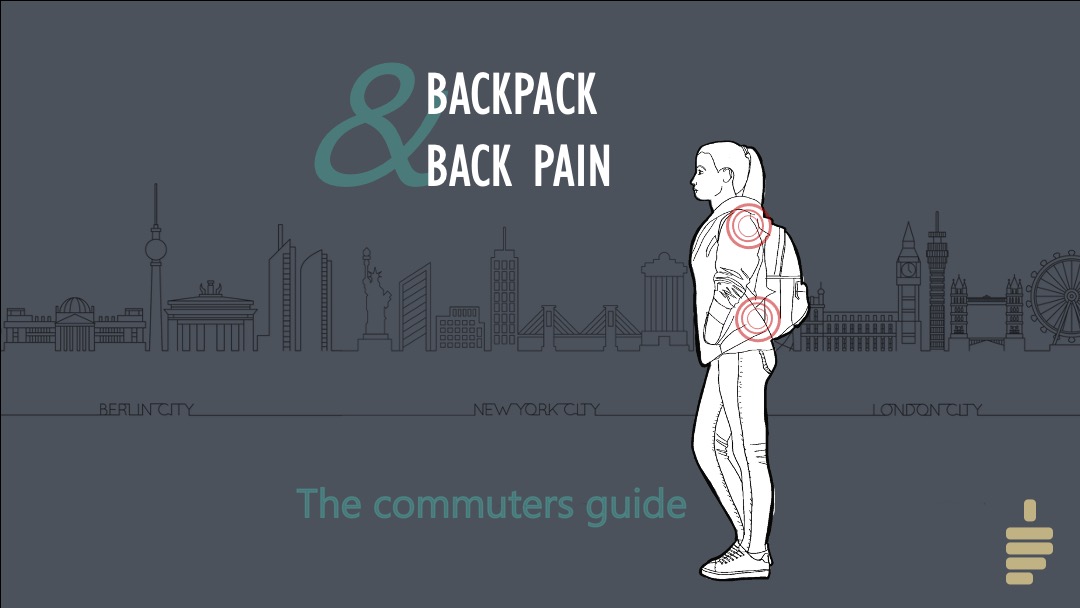
Dear commuter,
Do you have a backpack or back pain? In other words, during your commute do you feel tension on your shoulders or discomfort on your lower back? This is the ultimate guide to prevent backpack injuries during your commute.
Generally speaking, this is clearly a relatable topic across several generations. The backpack is introduced to us at a quite young age but it is later in life that the impact of poor habits will eventually sneak up on us. Consequently, it leads to negative repercussions on our comfort and ultimately our health. Needless to say, that prevention and awareness of the impact of a poorly fitted backpack is vital for a healthy spine and mainly an uneventful commute.
As we are well aware, commuting times are on the rise, leading to an increase in our backpack weight. We tend to carry our lunch, gym gear, computers, books and probably we still do our groceries on our way back home. In the long run, this new way of commute called trip chaining results in a natural increase of what we carry. With the prospects of taking advantage of our long commute. Can you relate to this?
So, I am here to address the importance of a good backpack. In addition, I will explain how you should wear it and what you should look out in order to prevent future injuries. In conclusion this commuter guide will help you improve the quality of your commute.
Backpack and back pain what the research says
Back pain is a very common symptom and it is expected that 80% of the population will experience back pain at some point in their lifetimes.
I’ve come across several papers focusing on both children and adolescents and the impact of backpacks design and loads coupled with the change in posture and increase of physical discomfort. Probably because this can be detected quite easily in children and adolescents, when it comes to adults there are other factors that back pain can be linked to rather than your backpack. Nonetheless there are no strong longitudinal studies that link the backpack as a possible risk for back pain.
This systematic review concludes there is no current evidence that indicates a link between backpacks and the increased risk of back pain in children and adolescents although there is some evidence correlating the back pain with the weight of the backpack.
Heavy backpacks and your posture
When your backpack is heavier that it should, there is a natural tendency for you to tilt forward to balance that excess weight.
This causes:
- Forward head position
- Extension of your neck whilst trying to look forward
- Consequently, compression of your spine
- Your shoulders go up naturally
- Leading to shoulder and back spasms
- Hips flex forward to compensate
- Possible knee pain because of posture change
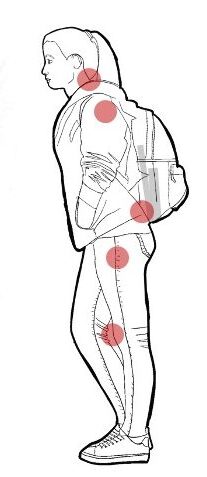
* Backpack and Back Pain The Commuter Guide
What can you do Today to prevent backpack injuries?
The sooner you understands the benefits from a comfortable backpack and backpacking techniques the better to help prevent or reduce injuries. Ultimately, improving the quality of your commute:
What to look for:
- Lightweight Backpack
- Padded back
- Padded straps
- Backpack with multiples compartments
- Backpack the size of your torso and not bigger
- Backpack with chest or waist straps
What to avoid:
- Wearing your backpack only on one shoulder
- Overloading your backpack
- Carrying your backpack lower than 7.5 cm (3 inches) under your waistline
- Weight of your backpack being 15-20% more than your body weight if you are and adult, children should be around 10-15%
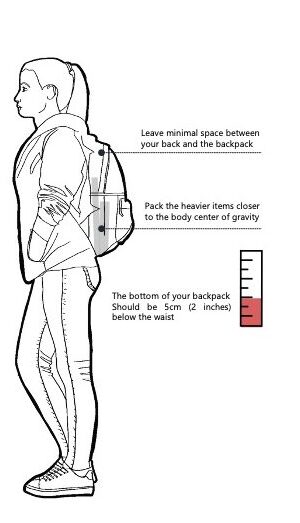
* Backpack and Back Pain The Commuter Guide
As a general rule, your backpack should be removed before boarding and kept low or at your feet. Don’t forget to bend your legs when you need to grab it to prevent straining your back.
Finally, I am proud of you! If you are reading this and got this far it’s because you do want to make a difference and improve. I know it is hard to take the first step. Let me know how your commute improved with these tips.
Or even better, tell me about your daily commute.

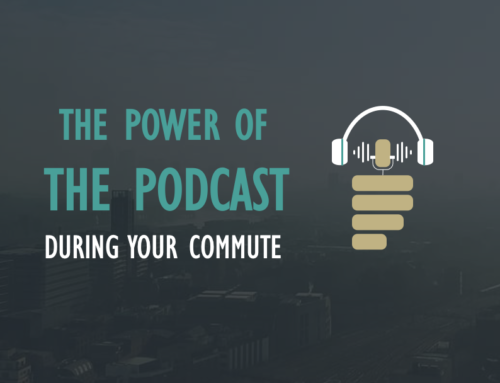
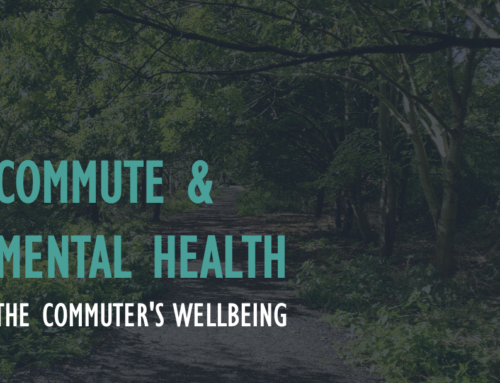
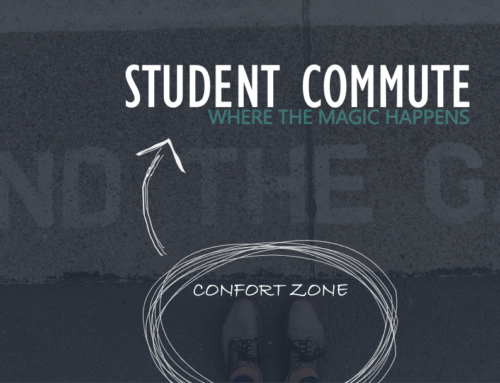
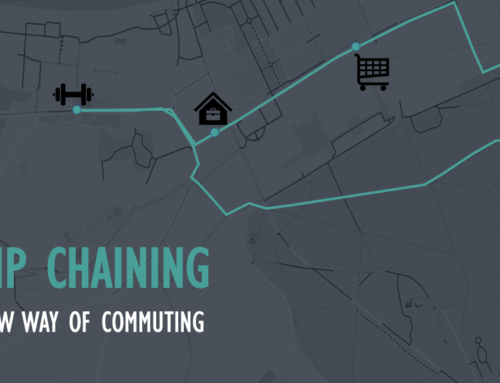
Leave A Comment